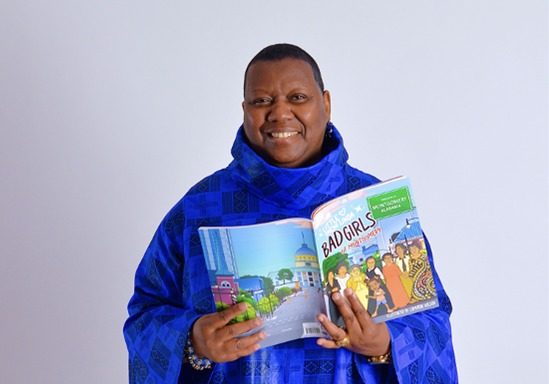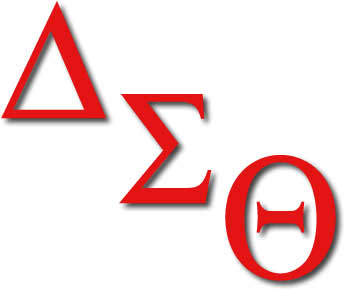This past week BET and the BET Awards have been asking questions on social media regarding what they should do at the 2017 BET Awards. The @BETAwards Twitter handle has been asking questions about who should host, perform and what should happen at the show.
In the wake of all that is going on right now, (i.e. The War at Morehouse, the change of leadership at Fisk University and the group photo that was taken at the White House) the BET Awards should make an effort to highlight HBCUs.
Question: What do YOU want to see happen at the 2017 #BETAwards? 🤔
GO! pic.twitter.com/ZgdbcPE1AM— #BETAwards (@BETAwards) March 29, 2017
In 2016, a reported 7.2 million viewers tuned into the BET Awards. According to Deadline.com. This statistic made the award presentation the No. 1 cable awards show in the key 18-49 demographic for the 2015-2016 TV season to date (3.8 million viewers in that coveted age range).
The numbers prove that the BET Awards platform is huge and resonates with young audiences. For the 2017 BET Awards to showcase some of the best and brightest of HBCUs, would firstly, shift the negative narratives of HBCUs in the media and second, raise awareness of HBCUs as a whole.
I’ll never forget the first time I watched the BET Awards back in 2003. It was the first time I ever saw Beyonce perform. After that year, looking at the BET Awards with my family became a summer tradition. The BET Awards was a production that celebrated people that looked like me. I learned so much from watching these award shows.
As a young man, I learned to appreciate James Brown. During the awards, I was introduced to Rick James. After seeing Monique perform during the 2004 BET Awards, I had a new appreciation for curvy women. All of these presentations were great but not once did I ever learn about HBCUs. I think I was done a disservice as a child because I was nineteen years old when I found out about Morehouse College, where I’m currently enrolled.
Of course, it is not the job of the BET Awards to educate young teens about college, but it is a positive way to use the massive platform.
Assata Shakur eloquently stated, “We must love each other and support each other. We have nothing to lose but our chains.” This statement reigns so true in regards to our historically black colleges.
The new white house administration recently cut federal funding for higher education. It should be noted that this executive order claims to “maintain” minority institutions and HBCUs at around $492 million, the same amount the previous administration initially budgeted. The problem with this is that HBCUs can agree that the $492 million is not enough.
It is clear that under this new white house administration HBCU’s are not a priority. With that said it is the job of us, non-whites to use every platform we can to protect and support our schools.
We must remember the intention of the BET Awards.
The BET Awards were established in 2001 with the intention of celebrating African Americans and other minorities in music, acting, sports, and entertainment over the past year.
Students of HBCUs continue to create astounding works of art that should be nationally recognized. Spelman College put on an impeccable display of art with their presentation, Art After Dark. Morehouse College senior, Corbin Sanders is a fantastic violinist that intersects violin artistry and Hip-Hop flawlessly. The BET Awards could highlight some of these underrepresented HBCU art efforts under the umbrella of their award show to catapult their works to new heights.
Last year at the BET Awards, Morehouse alumnus, Samuel L. Jackson was awarded the Lifetime Achievement Award. Hearing about his story in the AUC during his acceptance speech and seeing him alongside his Morehouse brother, Spike Lee was a good effort from the BET Awards.
As a Morehouse student, it was an honor to see a Morehouse Man recognized for his impressive works.
What would be even better would be to see, current students, showcased. By these students sharing their stories and receiving recognition, would show the relevancy of HBCU’s today.
This relevancy is often forgotten and overlooked.
In summation, HBCUs are not in a safe space. The media has perpetuated ideas of poor leadership at HBCUs. The new apparent federal budget cuts are also relinquishing students of the chance to attend schools of higher learning. For the survival of HBCU’s, it is imperative that platforms like the BET Awards get in the battle, and help raise awareness for our schools.
A small gesture of the award show sharing the stories of common HBCU students could make such a difference. I hope the BET Awards hears this plea, and decides to make this a segment of this year’s award show.



